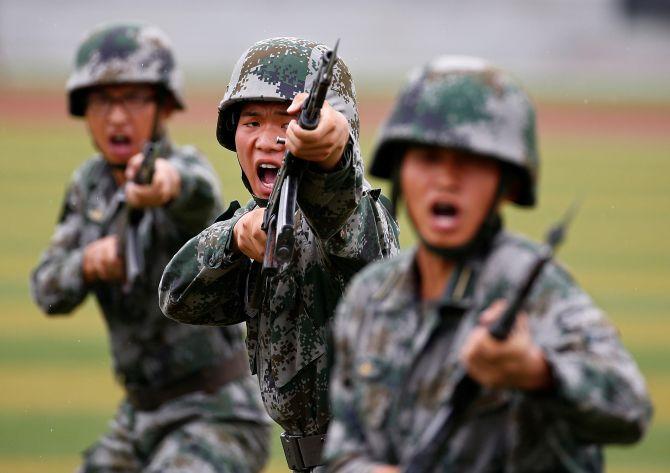 Senior Col Li Li of the People’s Liberation Army may be thousands of kilometres away from Doklam but has a stern message for the Indian Army -- withdraw from the Chinese territory to avoid confrontation.
Senior Col Li Li of the People’s Liberation Army may be thousands of kilometres away from Doklam but has a stern message for the Indian Army -- withdraw from the Chinese territory to avoid confrontation.
A visit by Indian journalists, sponsored by the Chinese government, on Monday turned into a propaganda exercise by the Chinese Army for delivering its message on the prolonged standoff between troops of the two countries in Doklam near Sikkim.
Sr Col Li claimed, “What the Indian troops have done is an invasion of Chinese territory.”
“You can report about what the Chinese soldiers are thinking about. I am a soldier, I will try my best to protect territorial integrity. We have the resolve and determination,” he told Indian journalists taken to visit this garrison on the outskirts of Beijing.
The visit included a rare demonstration of combat skills of the PLA troops before the Indian media.
The demonstration included sharp shooting skills with small arms, capture of “hostile forces” in close combat, counter-terrorism and laser simulation force-on-force training of reinforced infantry squads.
Li, however, clarified that the demonstration had no particular reference to Doklam where China says 48 Indian troops still stayed put along with a bulldozer.
“In addition, there are still a large number of Indian armed forces congregating on the boundary and on the Indian side of the boundary,” the Chinese Foreign Ministry had said earlier.
Responding to questions on the present impasse in Doklam, he said, “What the PLA will do depends on the actions of the Indian side. We will take appropriate action when it is necessary.”
“We will follow the orders of the Communist Party of China and the Central Military Commission (the overall high command of the 2.3 million strong army headed by Chinese President Xi Jinping).”
The garrison is one of the oldest and most important training centres of the PLA officers and troops. It is also responsible for the security of the Chinese capital.
About 11,000 troops are stationed at the garrison.
The state media also continued the tirade against India.
An article in the official China Daily on Monday said “geostrategic miscalculations” were behind India’s border “trespassing”.
“For China, the trespassing by Indian troops was unexpected and it is unacceptable as it happened in a section of the boundary that has hitherto been considered beyond dispute by both sides in the otherwise long drawn out and arduous boundary negotiations,” it said.
India’s “trespassing” amounts to no less than a violation of China’s territorial sovereignty, and China has the lawful right to take “whatever measures” it deems necessary to defend its territory, it said.
“While misunderstandings between neighbours are understandable, India should engage in candid dialogue, not lawless provocations.”
Time, it added, is fast running short for India to pull out from Chinese territory and on that basis explore a face-saving solution in consultation with China. “India should do well to remember that its neighbour has the capability to defeat all invading enemies,” it said.
India and China have been locked in a standoff in Doklam since June 16 after Chinese troops began constructing a road near the Bhutan trijunction.
Bhutan has protested to China, saying the area belonged to it and accused Beijing of violating agreements that aim to maintain the status quo until the boundary dispute is resolved.
India says the Chinese action to construct the road was unilateral and changes the status quo. It fears the road would allow China to cut off India’s access to its northeastern states.
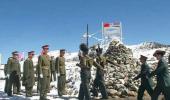



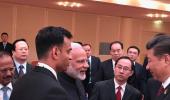



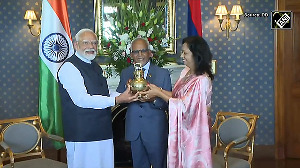
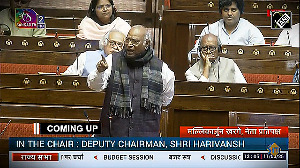
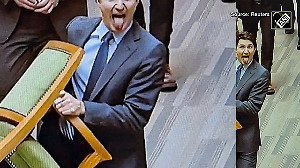
 © 2025
© 2025